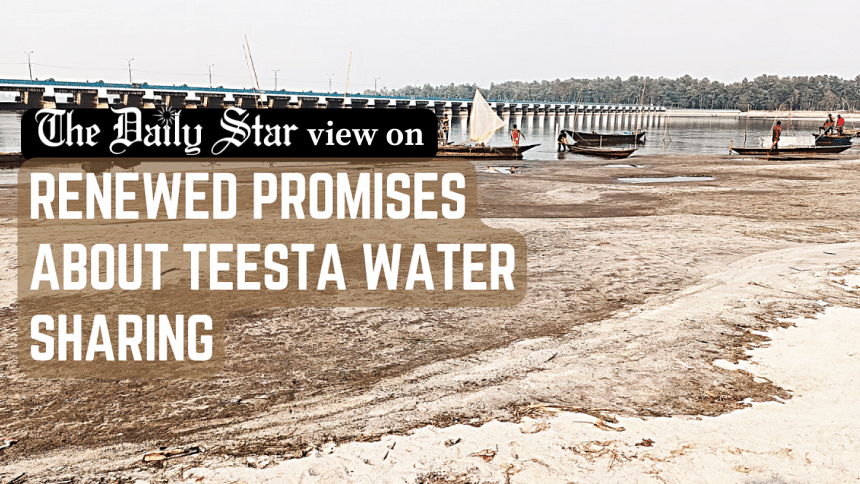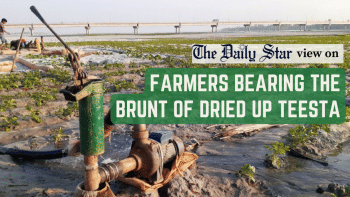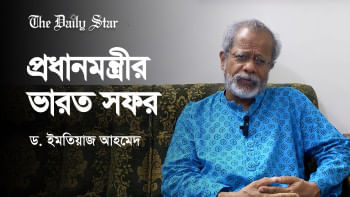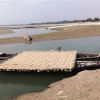The endless wait for Teesta water

The recommendation from an Indian parliamentary committee to its government on addressing the Teesta water-sharing issue, emphasising the need to "initiate meaningful dialogue with Bangladesh on a regular basis," has been hailed as a positive development in this long-standing concern between our two nations. While this may be a step in the right direction, we have every reason to be cautiously optimistic, as the carrot of a Teesta water-sharing agreement has been dangled in front of us for well over a decade now.
The issue has remained unresolved despite the ever-growing urgency for an agreement, propelled forward by reckless hydropower development and irrigation projects in the upper Teesta and the very real impacts of climate change. Regardless, Indian media reports suggest that the West Bengal government has acquired 1,000 acres to dig two new canals and divert even more water from the river to irrigate farms in Jalpaiguri and Cooch Behar districts. While Dhaka has issued a note verbale to Delhi seeking information regarding this, they are yet to receive a response.
In the meantime, it is ordinary farmers living in the river basins who are continuing to suffer the consequences, especially in the dry season. Earlier this year, this paper reported on how farmers living in char areas in Lalmonirhat were left with almost no water to irrigate their croplands due to the Teesta Barrage. This has also put the natural biodiversity and ecosystem of the area at risk.
In today's changing world, where climate experts fear many of the world's freshwater sources are being drained faster than they can be replenished, there is no opportunity for countries to put such water-sharing concerns on the back burner. We hope that this latest development will usher in a new era of diplomatic ties between India and Bangladesh, but the truth is that our hopes have been dashed for many years. How much longer will we have to wait?


 For all latest news, follow The Daily Star's Google News channel.
For all latest news, follow The Daily Star's Google News channel. 









Comments